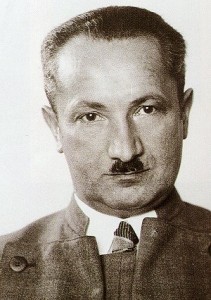Is conservatism a “middle course” between collectivism and self-elevation? James Orr (Cambridge Univ.) debates Stephen Hicks (Rockford Univ.)
Professor James Orr: “only conservatism charts the middle course between ideologies that elevate the self over the collective and ones that swallow up the self in the collective.” That is from Dr. Orr’s opening essay in this Reason Papers three-round debate with Dr. Stephen Hicks. Orr advocates and defends Conservatism; Hicks does the same for […]
